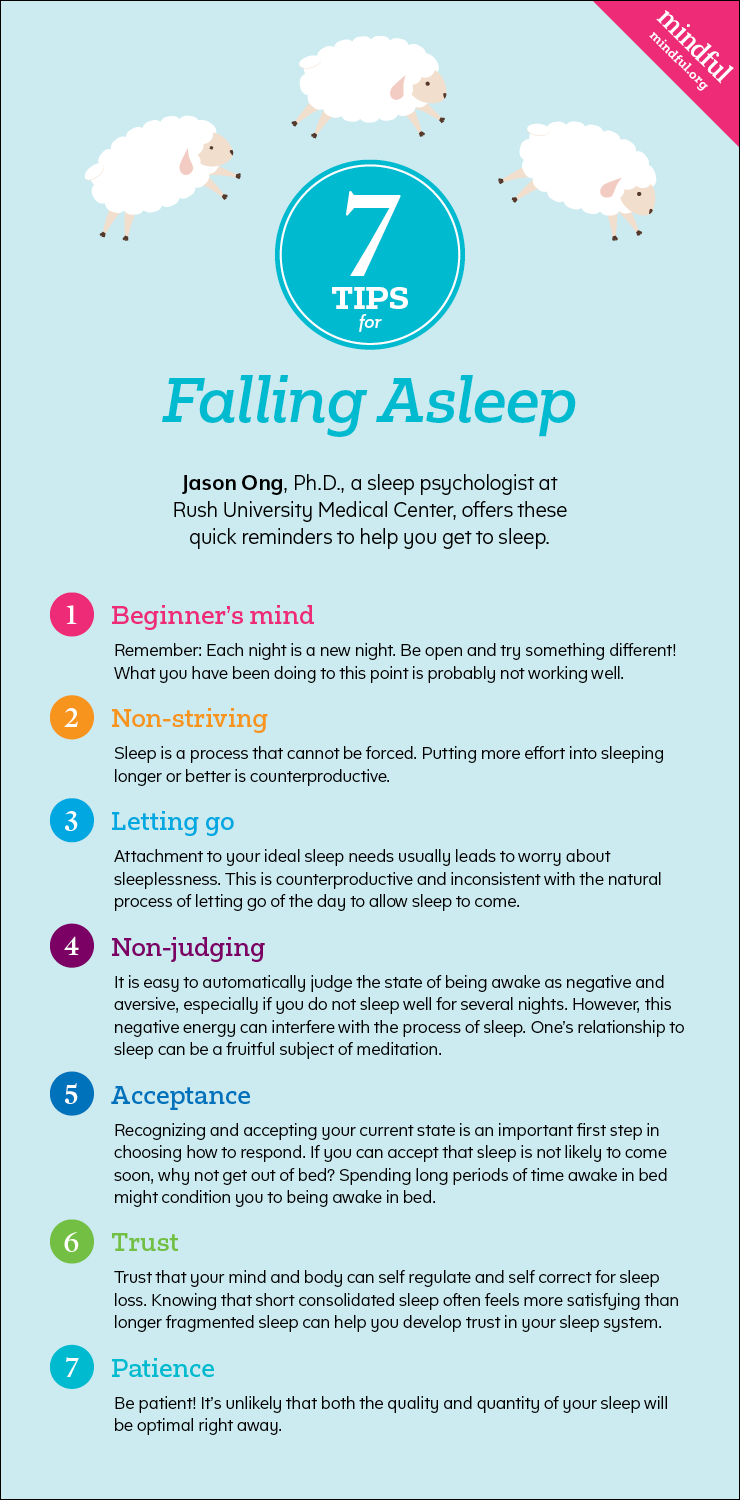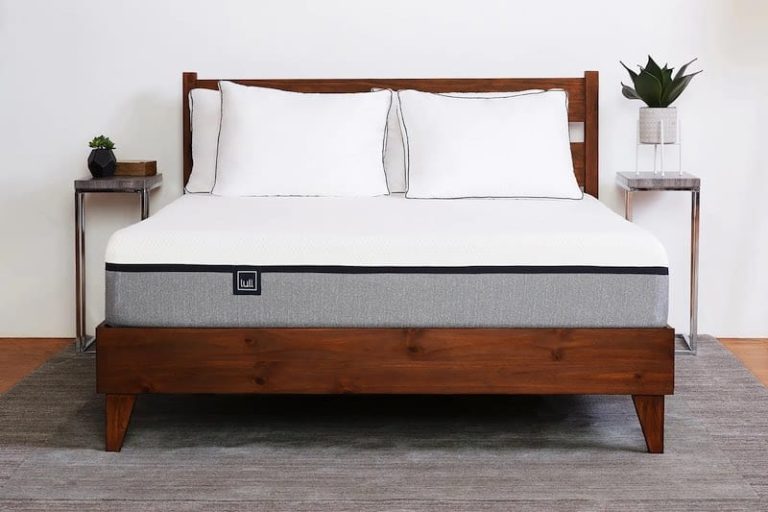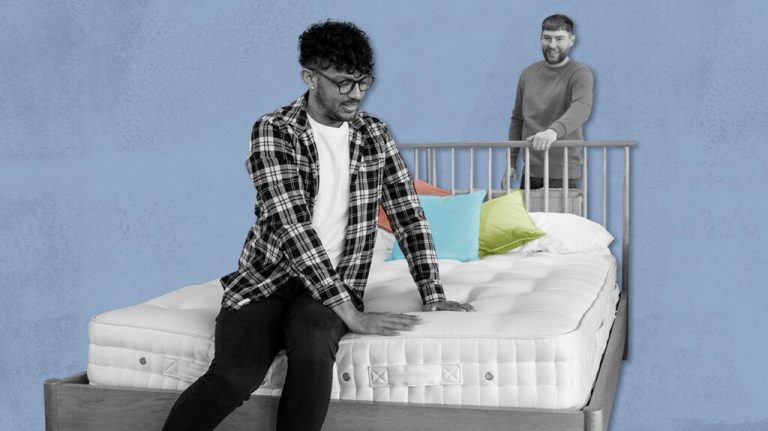

Napping Sleeping Tips – Getting Those Hooths Falling Asleep
As you may know, napping is not necessarily a bad thing. In fact, some people enjoy napping. However, if you are the type of person who gets extremely sleepy during the day and can’t seem to get to sleep at night, you might benefit from taking a nap in your pajamas instead of laying around the house doing nothing productive. Here are some tips that can help you get the rest you need even if you want to nap out in your pajamas.
First, you need to make sure that you are getting enough sleep. Studies have shown that most adults need about seven to eight hours of sleep a night. If you don’t get enough sleep, you can start to feel tired and sluggish in the morning, which can contribute to weight gain and even make it harder to focus on work. To make sure that you are getting the amount of sleep you need, try to go to bed at the same time each night. Also, set a routine for waking up and going to bed so that you don’t become too accustomed to sleeping at specific times.
Even though it’s good to get exercise, it’s also important to nap because it helps you relax. Studies have shown that taking a nap before work or studying can make you more alert and can help you retain information better. Taking a nap in the afternoon before work can also help you feel less drowsy in the evening. When you take a nap, you’ll feel more rested and alert in the evening. Taking a nap before dinner or after dinner can also help you feel less sluggish.
Many people like to eat right before they go to sleep, but this can disrupt your sleep schedule. Instead of eating right before you go to sleep, you should wait until you’re about halfway asleep. Napping in this condition can cause indigestion, bloating, and burping. It can also lead to more sleep problems and insomnia. If you do need to consume food before you go to sleep, try to eat smaller meals that feel like mini-lunches instead of large meals.
If you’re still not getting the sleep you need, there are other solutions you can try to help you get the rest you crave. For starters, consider cutting back on your caffeine intake. Research has shown that caffeine can disrupt your REM cycles, which can affect your ability to sleep. It’s also a good idea to take a short nap right before bedtime. This will allow your body time to settle back down and wind down from the day’s activities before going to sleep.
Another way to help you fall asleep is to avoid alcohol and soft drinks. They tend to keep you awake and may even keep you up all night. You should also avoid eating late at night. After dinner, you should go straight into your bed and sleep for eight to ten hours. You can wake up in the morning feeling refreshed and ready to take on your day.
If you are taking a nap during the middle of the night, especially if you are staying up all night studying for an exam, it’s best to avoid napping altogether. A better approach would be to do some mild exercise or stretch out for a little bit. This will help your body and mind to wind down and prepare for a great night’s sleep.
If you feel that your napping is interfering with your sleep or keeping you up too long, then you may want to try a few simple tricks to help induce sleep. A hot bath or a nice warm room can help you unwind. You may also try listening to instrumental music before bedtime. If your bedroom is silent, then singing along to a relaxing CD will help get your brainwaves in the right state for sleep. Just make sure that whatever you sing to yourself doesn’t have any embedded background noise so that your own thoughts don’t get interrupted.






